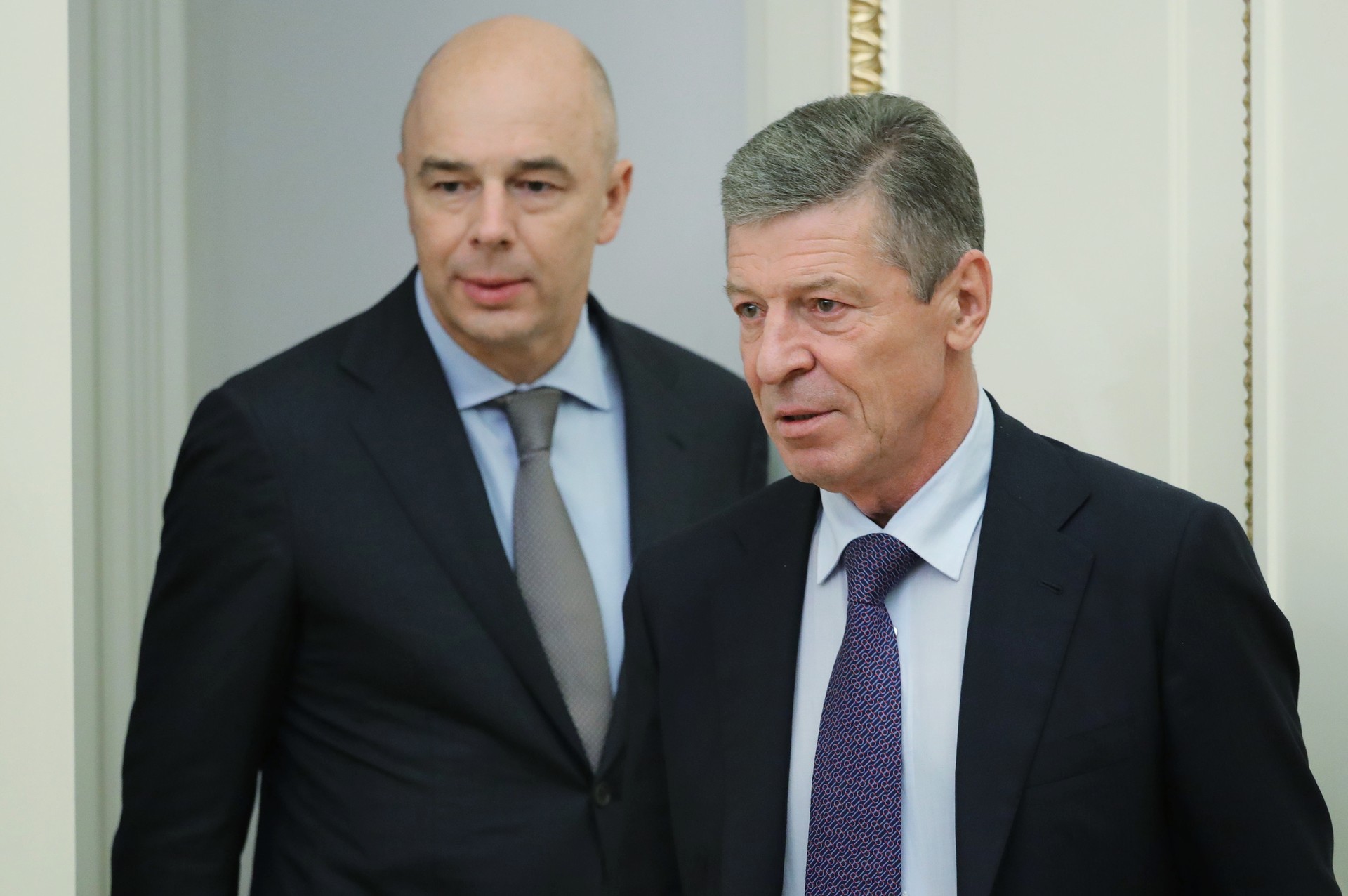The Russian government and oil companies have reached agreement on the terms of the agreement on stabilizing fuel prices, extended until June 30. Thus, new parameters for adjusting the damping mechanism and the one at whose expense it will work were determined.
Relevant decisions were taken following a meeting between Finance Minister Anton Siluanov and Deputy Prime Minister Dmitry Kozak on the development of the oil and oil products market.
We are talking about compensation for oil companies of part of lost export profits when selling fuel in the domestic market. Reimbursement will be made due to the introduction of excise taxes on all non-excisable liquid petroleum products (medium distillate surrogates, vacuum gas oil and fuel oil). In this case, a tax deduction will be made for petroleum products, which are used for bunkering, further processing and the production of heat and electricity.
In addition, the mineral extraction tax increases, it is tied to the price of oil. With oil prices ranging from $ 55 to $ 80 - by 75 rubles. per ton, while at prices ranging from $ 80 and above, the increase in tax will grow evenly to 204 rubles. per ton.
The Ministry of Finance, the Ministry of Energy, the Ministry of Economic Development and the Federal Antimonopoly Service of Russia have been instructed to submit a draft law to the Russian government.
- Anton Siluanov and Dmitry Kozak
- RIA News
- © Mikhail Klimentyev
From all this it follows that the compensation will be carried out mainly by increasing the tax burden on the oil industry itself, and at the expense of the National Wealth Fund. Meanwhile, even with such an adjustment, reimbursement to oil companies from the National Wealth Fund will amount to 400-450 billion rubles.
“The use of such parameters in 2020 with high oil prices will lead to the payment of compensation to oil companies from the National Welfare Fund in the amount of 1.7 trillion rubles. Therefore, the agreement on the damper for 2020 has not yet been reached, ”- noted in the Ministry of Finance.
Oil companies, in turn, pledged to reduce the price of diesel fuel to the level of October 2018, taking into account the increase in VAT (from 18% to 20%) and the seasonal adjustment of the price of diesel. Note that, according to Rosstat, from 8 to 15 April, retail diesel prices showed the maximum decline since 2011. It was 0.5% - up to 46.41 rubles per liter. Gasoline prices remained unchanged - 43.97 rubles per liter.
“The government’s task is to control fuel prices and stimulate oil companies to sell more domestically than abroad. Here, the task is to make it profitable for everyone: the state, and the companies themselves, and consumers, so that the price of gas at gas stations does not grow, ”said the first deputy chairman of the State Duma Committee on Energy Igor Anansky in an interview with RT.
Recall that at the end of March, Deputy Prime Minister Dmitry Kozak said that the Russian government and oil industry workers agreed to extend the agreement on the stabilization of fuel prices. As the head of Gazprom Neft Alexander Dyukov emphasized, the new agreements will be in effect until June 30, 2019.
“The situation is already stable in the market, but these solutions will be a 100% guarantee that the market situation will remain stable in the medium term,” said Dyukov.
At the same time, the damper formula was adjusted: from 56 thousand to 51 thousand rubles per ton of gasoline, for diesel fuel - from 50 thousand to 46 thousand rubles, since in January the mechanism worked against oil industry workers who had to pay about 10 billion rubles to the state. due to more favorable prices in the domestic market. Later, the Ministry of Finance estimated the volume of possible falling budget revenues from this adjustment in the amount of 60 billion to 200 billion rubles a year, depending on oil prices.
“The fact is that in the first quarter it turned out that the diesel was positive and negative for gasoline. That is, the oilmen should have paid the budget additionally. Right now they insisted on changing the parameters, ”said RT executive director of the Russian Fuel Union Grigory Sergienko.
At the same time, Rosneft Chief Executive Officer Igor Sechin, in a letter to Russian Prime Minister Dmitry Medvedev, stressed that manual non-market regulation creates systemic risks for the industry.
As Kommersant reported, in the opinion of Sechin, at the moment the domestic market of motor fuel is balanced and there is a possibility of transition to market mechanisms of regulation.

